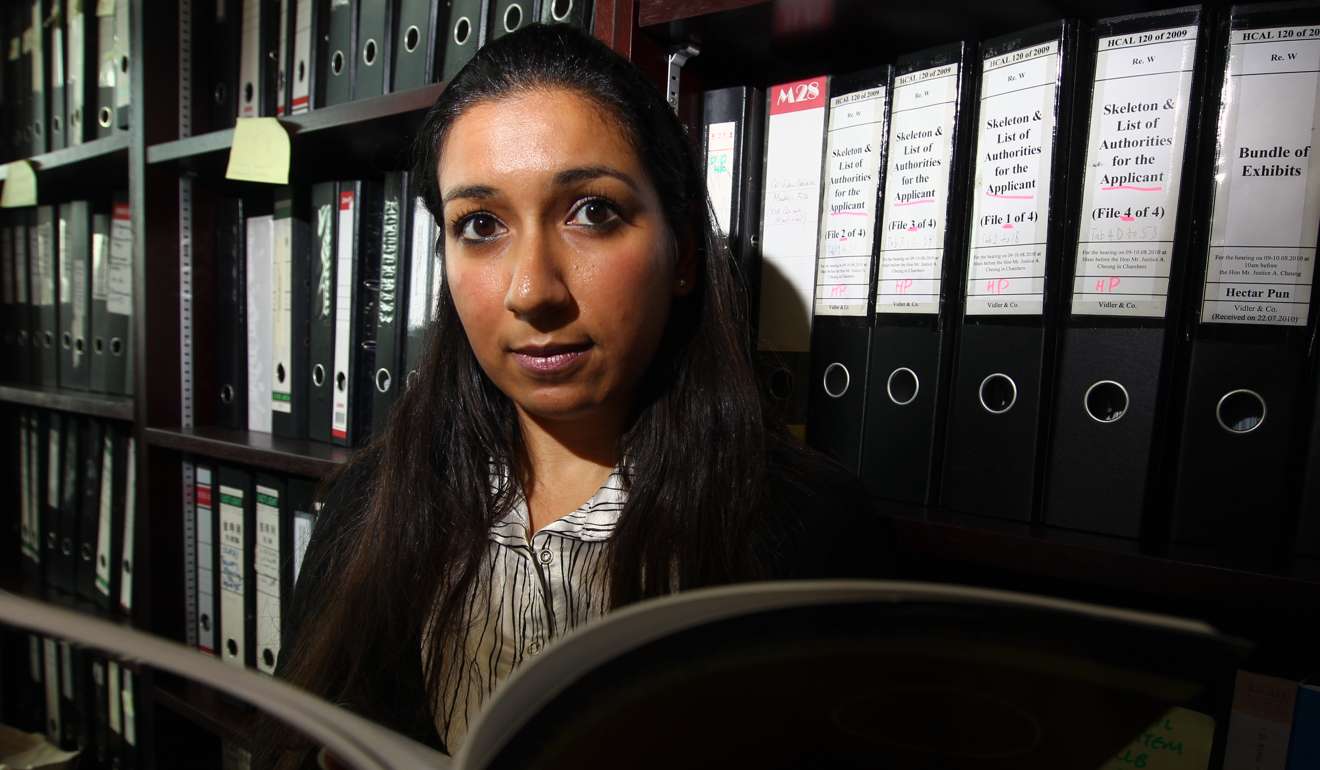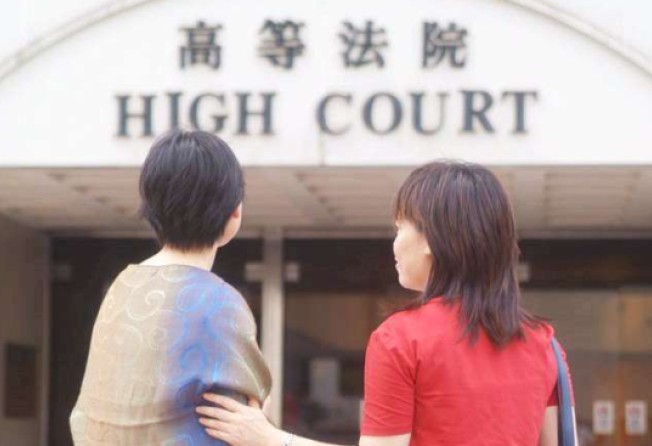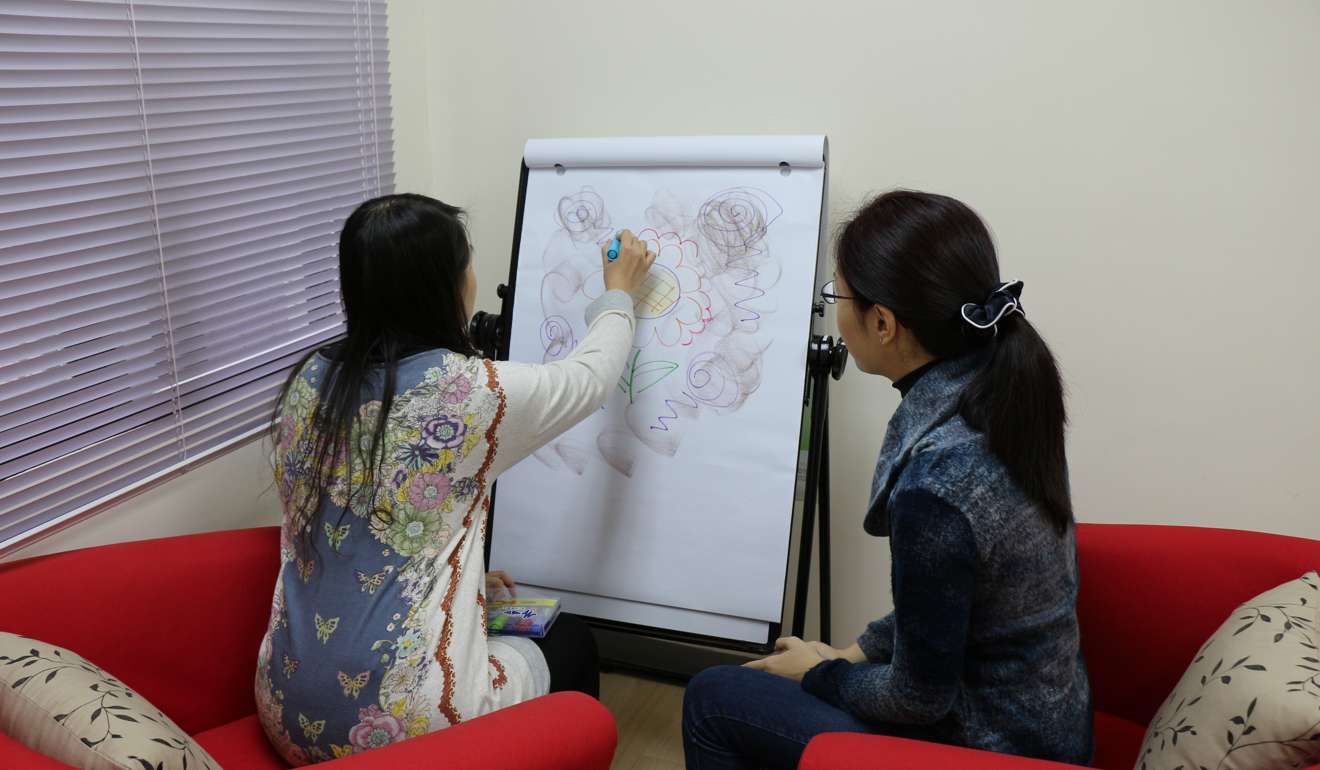
Hong Kong police and judicial system accused of a ‘victim blaming culture’ as rape conviction rates fall
Campaigners claim as many as nine out of 10 women do not report their attackers

Welfare campaigners have accused the Hong Kong police force and the judicial system of promoting a “victim blaming culture” after it was revealed that conviction rates for rape are falling.
Studies also suggest the number of people being prosecuted for rape represents a tiny proportion of rapes being committed, as the majority of victims do not have enough confidence in the legal system to report their attackers.
Between 2014 and 2015, the conviction rate for rape fell by 9.5 percentage points, from 39.5 per cent to just 30 per cent. And in the first half of 2016, the conviction rate was just 18 per cent.
In 2014, only 43 rape cases made it to court, with 17 resulting in a conviction. The figure was even lower in 2015, with 33 cases reaching trial, only 10 of which led to a conviction.
Rape crisis centre RainLily, also known as the Association Concerning Sexual Violence Against Women, said its research suggested as many as nine out of 10 rape victims did not report their attackers.
The non-governmental organisation estimates victims know their attackers in about 70 per cent of rape cases, with many being attacked by a partner.
Linda Wong Sau-yung, RainLily’s executive director, said judges, prosecutors and the police should be given better “sensitivity” training to enable them to better understand how to support sexual assault victims.
She said the court system could be improved to avoid victims having to relive the trauma of their assault multiple times.
“The low conviction rate of rape is worrying as it reflects our prosecution system is not effective to combat the crime of sexual violence,” she said. “Some victims have told us they have encountered difficulties in the legal systems such as when applying for special arrangements – for example having access to a special court passage for witnesses and waiting rooms to reduce the chance of the victim meeting with the perpetrator or the public.
“These may affect their psychological state and therefore the quality of their evidence when they give a witness statement during a court trial.”

“I am quite surprised by the drop in conviction rates,” she said. “I would really question the police policy. Clearly there is a strategy there that needs to grow to diligence.”
Kapai said she had met victims of sexual assault who were told by police they could not file a report if they did not reveal their own sexual history.
“There is a lack of sensitivity from how these officers are dealing with it,” she said. “It is part of the victim blaming culture. This is part of why a victim who has been assaulted may not complain.”
One of RainLily’s clients, a Hong Kong woman who was raped by her university tutor, has told how she regrets reporting the crime to police after it took one year for the prosecutions division to reveal it would not to take her case to court.

“The whole process was pretty much like a retraumatisation,” she said. “It was very difficult. It took a lot of courage to report it. The police officers who questioned me made me feel quite stressed.”
The woman said she felt like she was chasing the police by email to find out whether her attacker would ever stand trial.
“I kept waiting; it was not good for me,” she said. “I felt so disappointed when they said there was insufficient evidence to proceed. My initial legal advice was that I had a strong case; I was hoping that justice would be done. I wish I had never gone to the police.
“I am living in fear. I am quite worried that I will see [my tutor] again in the street.”
Conviction rates for rape in Hong Kong are still higher than the UK, its former colonial power, which has some of the lowest rape conviction rates in Europe at about 7 per cent.
When I was attacked here, I had never been to a police station before, and I couldn’t speak Cantonese or any English
Through its We Stand campaign, launched in 2012, RainLily has been working particularly closely with rape victims from ethnic minorities, who it has found are especially likely to feel shut out of the legal system.
Another RainLily client, a South Asian refugee who was repeatedly sexually abused by an acquaintance who had helped her find accommodation in Hong Kong. has told how she felt too scared to report her abuser to the police.
The victim, who has lived in Hong Kong for 13 years after fleeing her home country for political reasons, was attacked on several occasions in 2011 by the man, who had a key to her home.
The mother-of-one, whose daughter still lives in her home country, said she felt unable to report the abuse to the police because she could not speak Cantonese or English and had no confidence her case would be taken seriously.
“I had a really bad experience in my home country with the police,” she said. “Women never go to the police there. When I was attacked here, I had never been to a Hong Kong police station before, and I couldn’t speak Cantonese or any English.
“[My attacker] beat me many times. I cannot explain to you how it has made me feel. It is really, really, bad. After a long time, I felt I could talk about it. RainLily encouraged me to report it to the police, but I thought all the evidence had gone.”
The woman said she also feared that any translator provided by the police was likely to know her, because of the relatively small South Asian community here, and she had no confidence that they would keep her story confidential.
She said there needed to be more proactive efforts by the police to support victims of sexual violence, particularly from ethnic minority backgrounds.
“We need more support. We do not know where we can go and where we can ask for help, so we end up keeping quiet,” she said. “There are many others in my situation. I didn’t know the right way to [report] it. I have come from a country where it has not been taken seriously.”
Additional figures released by the Hong Kong Police following an Access to Information request from the South China Morning Post showed that conviction rates for indecent assault cases had remained consistent; the figure stood at 69 per cent in 2014, 69 per cent in 2015 and 68 per cent for the first half of 2016. In total there were 1,060 cases that reached trial in this period, 330 of which resulted in conviction.
In a statement, a police spokesman said it “attaches great importance to professionalism in handling sexual offence cases and the provision of relevant training to frontline officers”.
He said special report rooms had been established at its new police stations in Yau Ma Tei and Tsuen Wan, which help to put the victim at ease and prevent them from coming face-to-face with their attacker.
He said the police had adopted a “one-stop service model”, which meant a sexual assault victim could undergo a forensic examination and make a witness statement at the same hospital where they sought medical treatment after an attack.
He said the police would “make every possible effort to provide reasonable protection to the privacy of victims in sexual offences and to reduce their embarrassment and stress”.